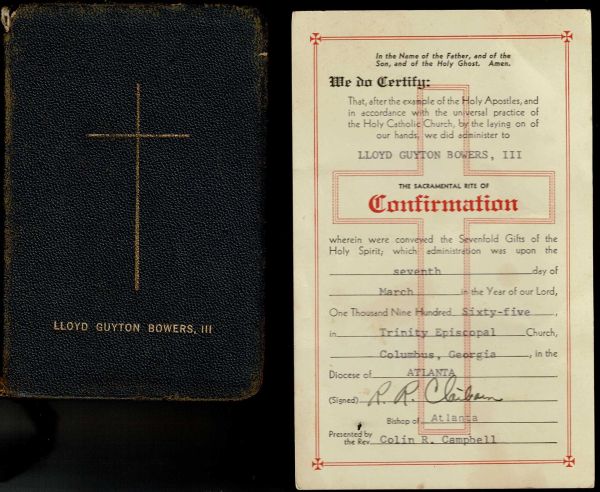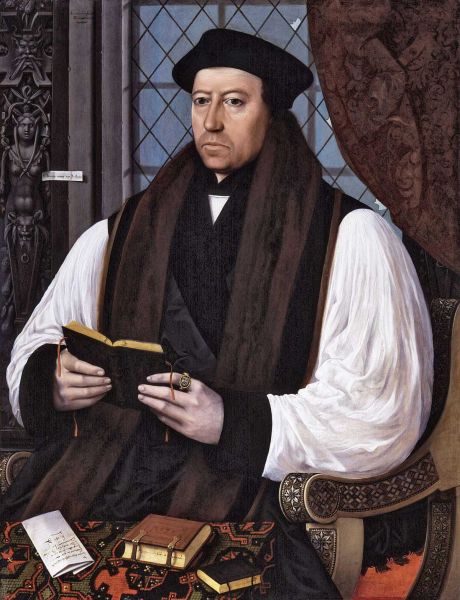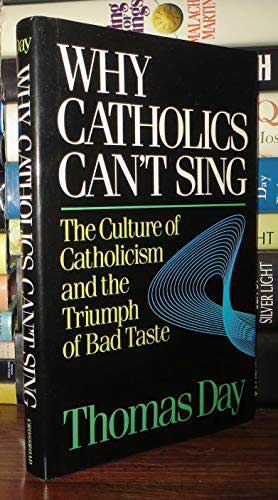Why Church Matters for a Writer
Why Church Matters to a Writer
Years ago, I went to a literary symposium at Converse College to listen to some of the "Old Greats" of Southern fiction ramble on about their lives and defining influences. Historically poor as a result of the Civil War 1861-65, the South has overflowed with high-end literary talent. Most of the them, it seemed to me, grew up Episcopal or Catholic. I think I understand why. Both are "high-church," revelling in the holy mysteries of ritual and liturgy.
I grew up Episcopal and learned first-hand an important lesson on this subject. Until 1979, we used the 1928 edition of The Book of Common Prayer (BCP). See below my Confirmation certificate and my personalized copy of the BCP, awarded me after the service. After hearing the liturgy for years and years, I can recite much of it from memory. More importantly, I can hear it in my head.
Every literary artist needs orientation—a writer's fulcrum, so to speak. Namely, how much does the changing scenery of a novel affect one's basic orientation, tilting the fulcrum, forcing me to decide about literal simplicity over artistry, for instance. The BCP is my literary fulcrum.
The 1928 BCP used the 16th-century language of its author Thomas Cranmer. King Henry VIII of England installed Cranmer as Archibishop of Canterbury. To me, he ranks as a wordsmith with the likes of Shakespeare and John Donne, who was incidentally a priest. Cranmer understood the value of artistic wording in religious worship, and thus wrote his prayer book with words that read like a heartfelt poem.
In the '28 BCP, the priest recites the following words as he administers Communion to each church member: "The Body of our Lord Jesus Christ which was given for thee, preserve thy body and soul unto everlasting life. Take this in remembrance that Christ died for thee, and feed on Him in thy heart by faith, with thanksgiving." Cranmer's words did not impress me as simply archaic, they had an otherly esoterism; and since we only heard them at church, as a contrast to our everyday speech, we tended to remember every word.
A newly-edited BCP succeeded the 1928 book in 1979, and provoked disputes that were so severe, some Episcopal congregations broke away and started new denominations. They hated the Bauhaus-style language, which stripped down Cranmer's Communion words to "The Body of Christ, the Bread of Heaven"—kind of like "Take it or leave it." It diminishes the otherliness of the sacrament and limits the intimate interaction of the priest who offers it and the church-member who receives it.
Thomas Day, a retired music professor, published an interesting book in 1990, titled Why Catholics Can't Sing. He writes that the oversimplification of Catholic Church liturgy did not result from a freak accident, but in an effort to appeal to less-educated church-goers. A group of theologians and clergymen, the International Committee on English in the Liturgy, oversaw this effort and wrote up its recommendations for changes in the liturgy. The Committee received some criticism, according to the Wikipedia article, for the "banality" of the language it recommended.
Day writes that the character of the prayers changed from "intricate and deferential supplications to the Almighty" to a "Dear Sir" business letter, "compressed into cubes of English prose, 'within the people's powers of comprehension'." Making the sign of the Cross on a Communion Chalice turns into "Polishing the Chalice." Day writes of a priest dashing through the Mass with the "solemnity of a tobacco auctioneer."
The changes in high-church liturgy reveal the basic problem of inclusivity, that society must dumb down the culture to make it accessible to everyone. The exaltedness of high-church tradition must go. Diminish the differences between high-end and low-end. Treat the two extremes as if they are the same.
First of all, they aren't the same! And everyone knows the difference between high-intelligence and the not-so-high. Accepting this kind of dishonesty or artificiality scares me; but high-church rituals impress some people as snooty and exclusive. Maybe high-end writing will face the same kind of censorship. Younger writers will have to find some other fulcrum to assist them.



